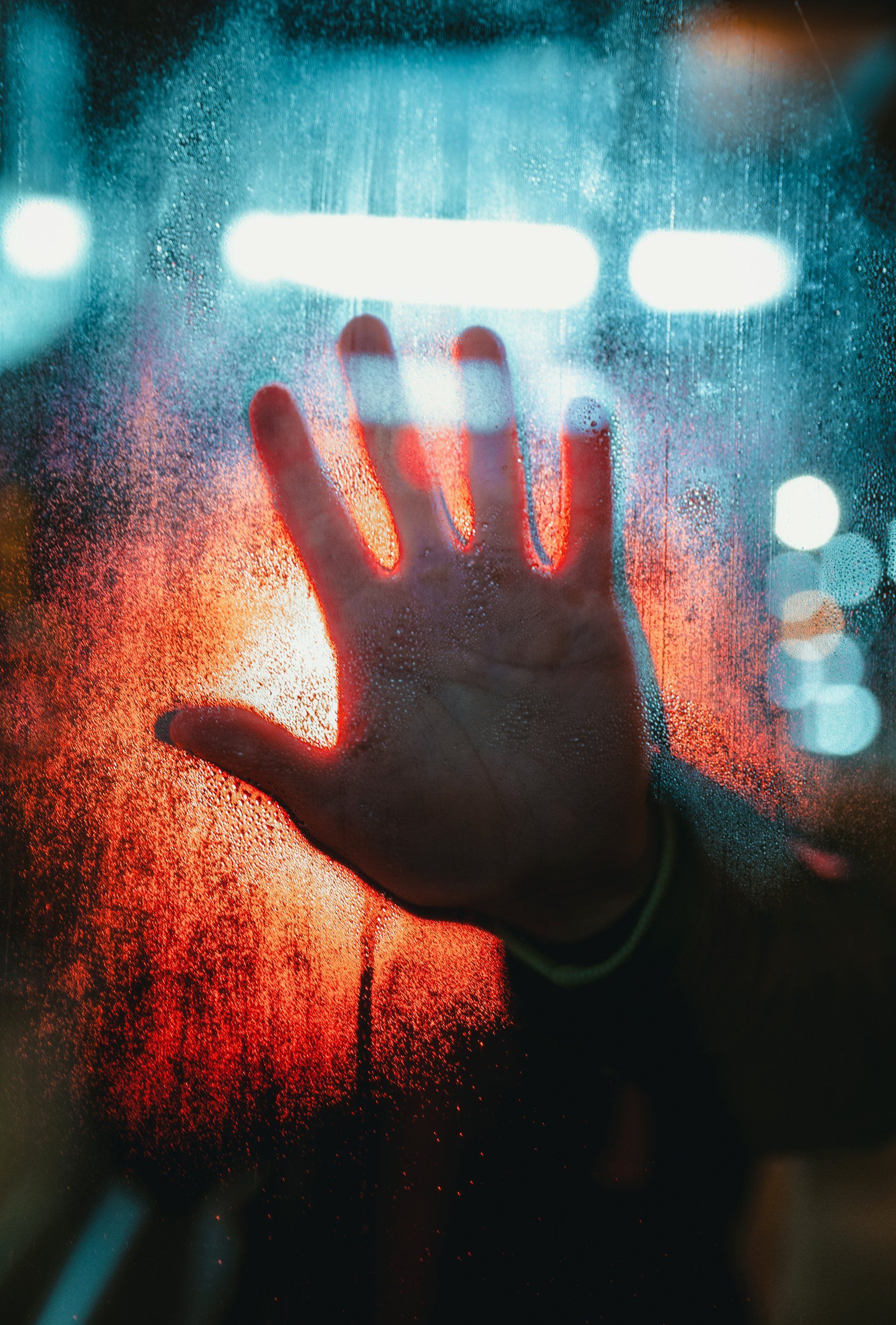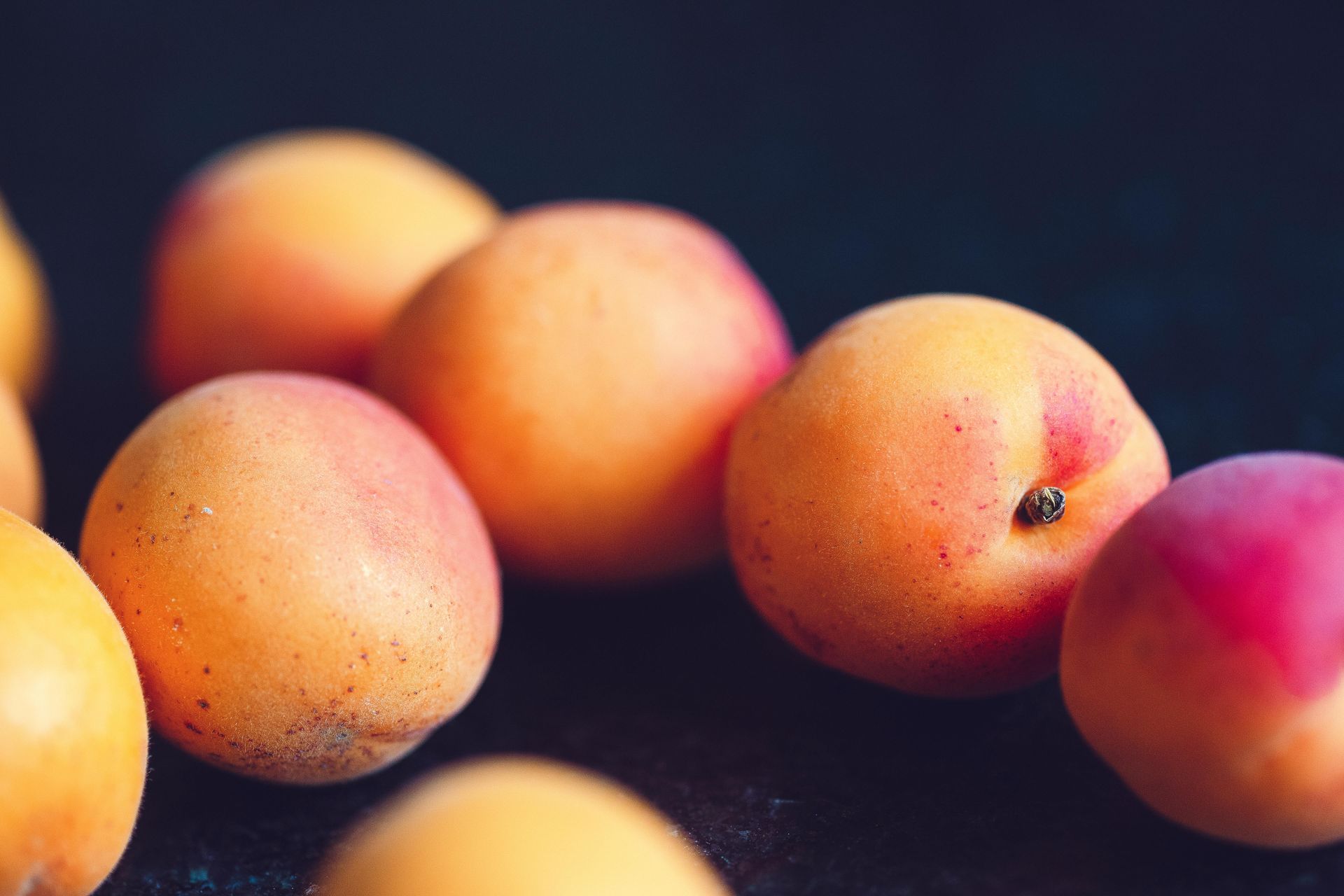Covid-19 Disinfection
What is UV light? The science behind our lights
The Covid-19 virus spreads remarkably fast. We know it can hang around on surfaces for some time, the amount of time depending on the surface in question. It spreads through touch, and also through droplets in the air when we breathe, cough, or sneeze.
At the same time, we know UV light has remarkable virus-killing powers, and it is particularly good at killing coronaviruses in general.
In this post we explore the nature of UV light, and look into the amazing way our clever lights make short work of disinfecting surfaces, removing the virulent virus that has changed the world so dramatically.
What is UV light?
UV light, also called Ultraviolet Light, describes the area of the electromagnetic spectrum falling between visible light and X-rays. The wavelength of UV light falls between 400 and 10 nanometers, and the short wavelength and higher frequency of its waves means we can't see it with the human eye.
- Red light has the longest wavelength
- Violet light has the shortest wavelength
- Infrared light has a wavelength longer than any light in the visible spectrum
- Ultraviolet light has a shorter wavelength than any light in the visible spectrum
Different types of UV Light
- UV-A light is UV light with the longest wavelength, also the least harmful. You might know it as the 'black light' you get in nightclubs, the light that turns your teeth sparkling white in the darkness and makes dandruff glow! Plenty of insects and birds can see this type of light, but we can't
- UV-B light causes sunburns and an increased risk of skin cancer. Around 95% of UV-B light is absorbed by the ozone layer before it reaches us
- UV-C light is very harmful. Luckily it's almost completely absorbed by the Earth's atmosphere. It is often used in food settings for disinfecting food, air and water, killing microorganisms by destroying the nucleic acids in their cells
- Extreme Ultraviolet Light only travels through a vacuum, for example outer space. It's also completely absorbed by our planet's atmosphere, where it ionizes in the upper atmosphere to create our ionosphere. This UV light type is why, so far, manned expeditions to distant planets like Mars are not possible. There's no way to voyage that far and stay protected from the deadly rays found in deep space
Exciting new science – How UV light kills Covid-19
It has been known for some time that UV light can kill viruses and bacteria. That's why, on TV survival programmes, people leave bottles of dirty water in the sunshine so the rays can kill some of them off, leaving cleaner drinking water behind. But, until very recently, nobody had specifically experimented with using UV light to kill off Covid-19.
Now, new research by the Institute of Medical Engineering and Mechatronics, at Ulm University of Applied Sciences in Ulm, Germany, plus Pharmpur GmbH in Königsbrunn, Germany, reveals the exciting power of this extraordinary light.
To slow the increasing global spread of the SARS-CoV -2 virus, we need appropriate disinfection techniques. At the same time UV light has a well-known antiviral effect. On the other hand nobody had, at the time, published data about the UV radiation dose necessary to inactivate SARS-CoV-2.
Coronavirus inactivation experiments with ultraviolet light performed in the past were evaluated to determine the UV radiation and dose needed for a 90% reduction in viruses. This new analysis is inspired by the fact that all coronaviruses have a similar structure as well as similar-length RNA strands.
The test data reveals dramatic variations, not apparently caused by the coronaviruses themselves but by the experimental conditions. When these variations are excluded as far as possible, it looks like coronaviruses are very UV sensitive indeed, and that is extremely good news for the entire human race.
In conclusion, because coronaviruses do not differ very much structurally, the SARS-CoV-2 virus we're currently battling, along with future mutations, should be very UV sensitive. And that means common UV disinfection procedures will kill off the Covid-19 strain without needing any modification.
Our powerful UV lights kill the novel coronavirus
So UVC radiation is known to break down the DNA of bacteria, viruses and spores, making them harmless. UV radiation is already widely used in water and air treatments as a chemical-free and very efficient disinfection process. As you can imagine, a specialist UV light unit has the capability to kill off a whole lot more virus material than cleaning surfaces with cloths and disinfectants by hand, because light naturally floods a space, reaching with ease into the darkest corners, floor to ceiling.
Proven as highly effective against pathogenic micro-organisms including nasties like cholera, hepatitis, polio, typhoid, giardia, cryptosporidium, plus loads more bacterial, viral and parasitic diseases. It is also widely used to remove dangerous organic and inorganic chemicals like chloramines and ozone. As such it is powerful stuff, perfectly designed to keep your premises clean and safe.
- A choice of powerful UV units available, for different sized spaces
- Reassure your employees, clients and customers
- Reduce maintenance costs dramatically
- Improve productivity
- Maximise your potential to handle as many customers as safely possible during your working day
- Do everything you can to protect your people, clients, business, and bottom line from the impact of Covid-19
Any questions?
We're pleased to provide expert help and advice to any business wanting to harness the proven power of UV light to help defeat Covid-19. Just get in touch for a no-obligation conversation. And come back next time for more insight into our products, their uses, the viruses and bacteria they kill, and much more.










